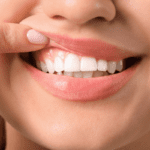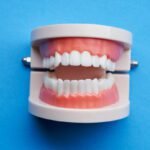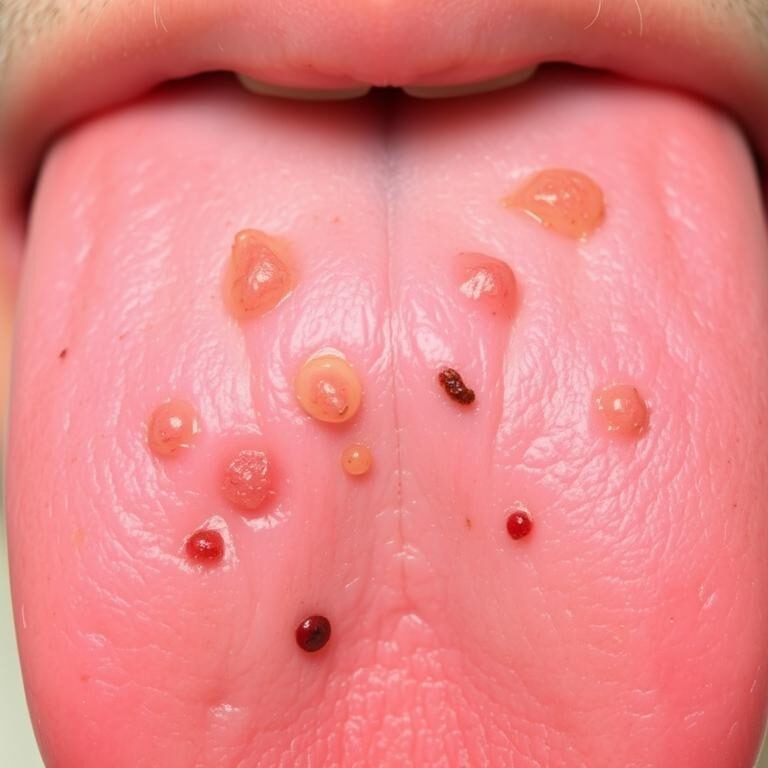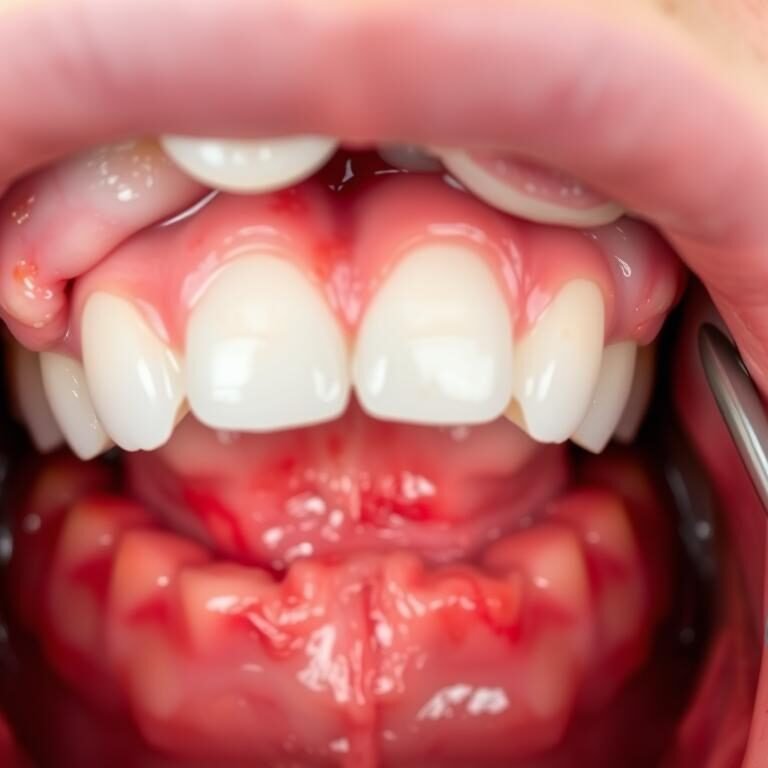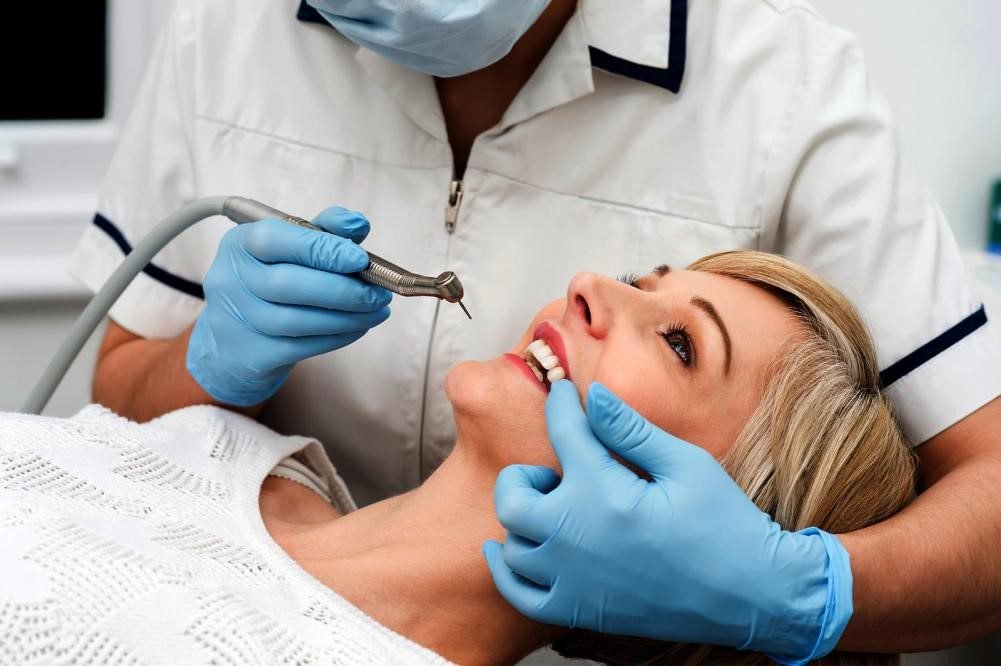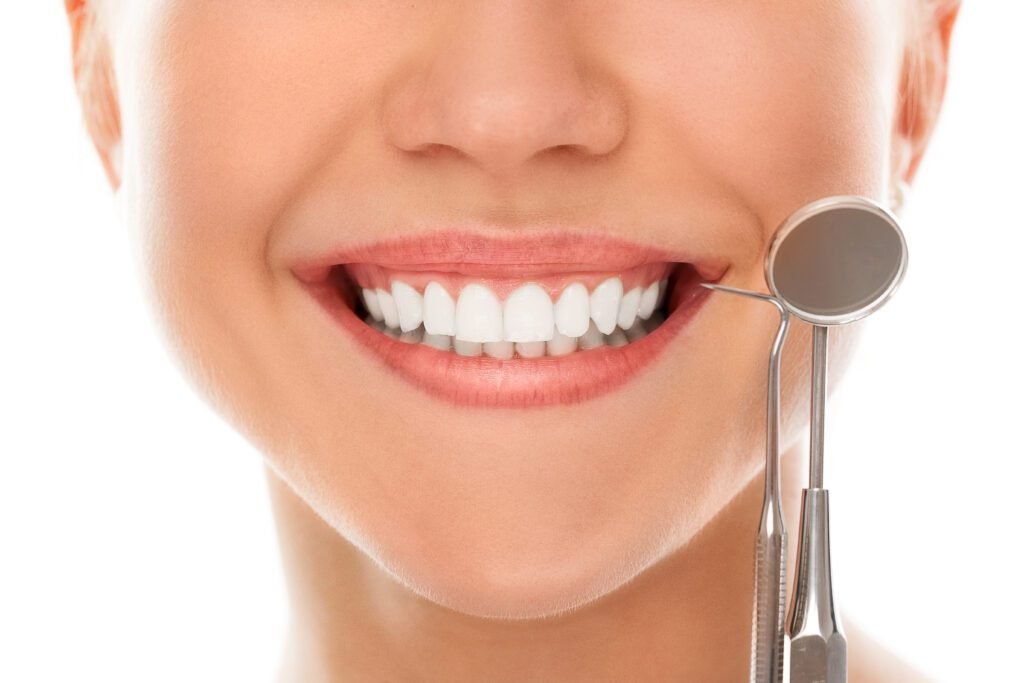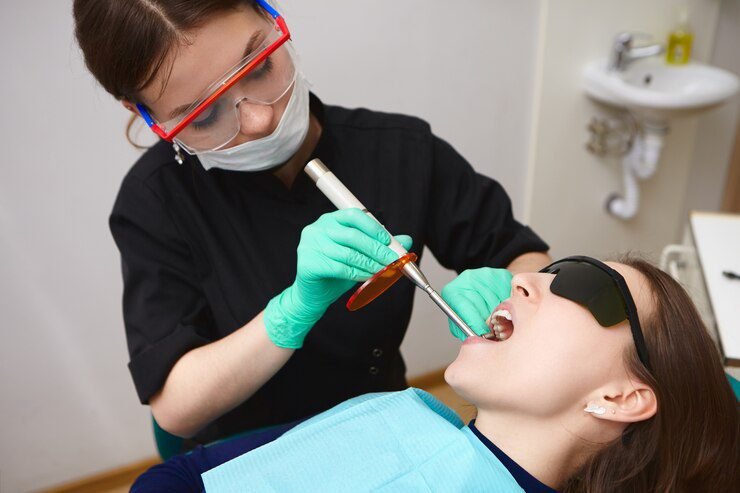Table of Contents
Common Dental Injuries to Avoid
When it comes to maintaining good oral health, preventing dental injuries is crucial. One common injury to avoid is dental trauma, which can result from accidents, falls, or sports activities. Such trauma can lead to chipped, cracked, or knocked-out teeth, causing pain and requiring immediate dental intervention to prevent further complications.

Another dental injury to steer clear of is tooth enamel erosion. This occurs when the protective outer layer of the tooth wears away due to acidic food and drinks, improper brushing techniques, or certain medical conditions. Once the enamel is compromised, the tooth becomes more susceptible to decay and sensitivity, emphasizing the importance of preventive measures to safeguard against such injuries.
Proper Brushing Techniques
Maintaining proper brushing techniques is essential for achieving optimal oral health and preventing dental problems. Brushing your teeth twice a day, using a soft-bristled toothbrush, and fluoride toothpaste is the foundation of a good oral hygiene routine. The angle of the brush should be at 45 degrees to the gums, using gentle circular motions to effectively clean all surfaces of your teeth, including the front, back, and chewing surfaces. It’s important to take your time while brushing, spending at least two minutes to ensure thorough cleaning and removal of plaque and food particles.
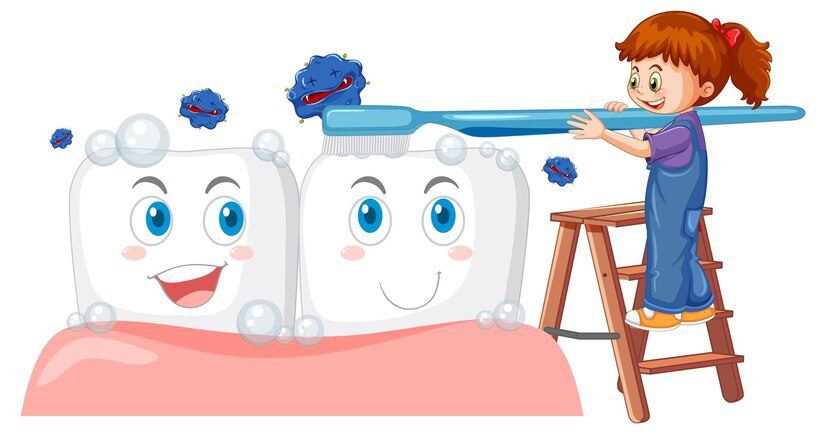
Additionally, don’t forget to brush your tongue gently to remove bacteria and freshen your breath. Avoid brushing too vigorously as it can damage the enamel and irritate the gums. Be sure to replace your toothbrush every three to four months or sooner if the bristles are frayed. Proper brushing techniques, coupled with regular flossing and dental check-ups, play a crucial role in preventing cavities, gum disease, and other oral health issues. Remember, a healthy smile starts with proper brushing habits.
The Importance of Regular Dental Check-ups
Regular dental check-ups are a crucial aspect of maintaining optimal oral health. These routine visits to your dentist play a significant role in preventing various dental issues and catching any problems early on. During these appointments, your dentist can assess your overall oral health, check for signs of tooth decay, gum disease, oral cancer, and other oral health conditions that may not be noticeable to you. Moreover, professional cleanings performed during these visits help remove plaque and tartar buildup, reducing the risk of developing cavities and gum disease.
In addition to addressing existing dental concerns, regular dental check-ups also provide an opportunity for your dentist to educate you on proper oral hygiene practices and offer personalized advice for maintaining healthy teeth and gums. By following the guidance of your dental professional and attending regular check-ups, you can improve your oral health outcomes, prevent more serious dental issues in the future, and ultimately preserve your natural teeth for a lifetime.
Tips for Preventing Tooth Decay
To maintain optimal oral health and prevent the development of tooth decay, it is crucial to adhere to a regular dental hygiene routine. Brushing your teeth at least twice a day with fluoride toothpaste is fundamental in removing plaque and bacteria that can lead to cavities. Moreover, incorporating flossing into your daily routine helps eliminate food particles and bacteria from areas that your toothbrush may not reach, promoting healthier gums and preventing decay between teeth.
In addition to diligent oral hygiene practices, watching your dietary choices can significantly impact your overall oral health. Limiting sugary and acidic foods and beverages reduces the risk of enamel erosion and cavities. Opting for a balanced diet rich in calcium, phosphorus, and vitamin C supports strong teeth and gums, bolstering your defense against decay. Remember, an ounce of prevention is worth a pound of cure when it comes to safeguarding your pearly whites against the detrimental effects of tooth decay.
Understanding the Dangers of Teeth Grinding
Teeth grinding, also known as bruxism, is a common dental condition that affects many individuals, often unknowingly. This unconscious habit can lead to various risks and dangers if left untreated. The continuous grinding and clenching of teeth can wear down the enamel, leading to tooth sensitivity and increased susceptibility to decay. Moreover, the excessive pressure exerted on the teeth and jaws can result in jaw pain, headaches, and even temporomandibular joint (TMJ) disorders, causing discomfort and impacting daily activities.
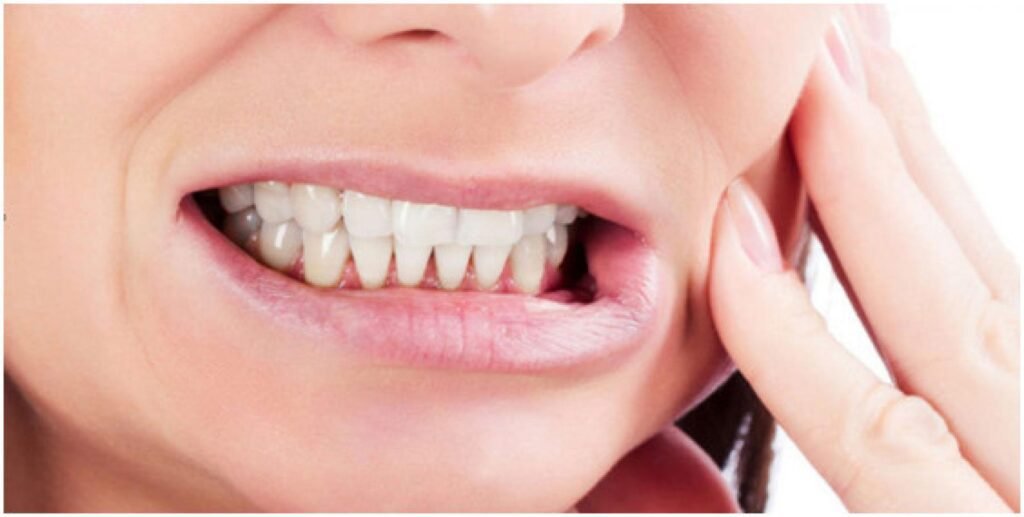
Beyond the physical effects, teeth grinding can also affect one’s quality of sleep, leading to fatigue and reduced productivity during the day. Chronic bruxism can further result in more severe consequences such as fracturing of teeth or damage to dental restorations, requiring extensive and costly treatments to restore oral health. It is essential to recognize the signs of teeth grinding early on and seek professional advice to prevent potential complications and preserve the integrity of your teeth and overall well-being.
Protecting Your Teeth During Sports Activities
Active participation in sports activities can sometimes put your teeth at risk of injury. Contact sports, in particular, increase the chances of dental trauma. To protect your teeth during sports, wearing a custom-fitted mouthguard is essential. A mouthguard acts as a cushion, absorbing the impact and reducing the likelihood of broken or knocked-out teeth. Additionally, wearing helmets when necessary, such as during biking or skiing, can further safeguard your teeth from injury. Remember, prevention is always better than treatment when it comes to protecting your dental health during physical activities.
The Role of Diet in Maintaining Dental Health
Maintaining a balanced diet is essential for not only your overall health but also for your dental health. The foods and beverages you consume play a significant role in the health of your teeth and gums. Opting for a diet rich in fruits and vegetables can provide essential vitamins and minerals that are crucial for strong teeth and healthy gums. Additionally, foods high in calcium, such as dairy products like milk and cheese, contribute to the remineralization of tooth enamel, helping to prevent decay and cavities.

On the other hand, frequent consumption of sugary and acidic foods and drinks can lead to tooth decay and erosion. Sugary treats and beverages can feed the harmful bacteria in your mouth, leading to the production of acids that attack your tooth enamel. Acidic foods and drinks can also wear down the enamel over time, increasing the risk of cavities and sensitivity. It is important to be mindful of your dietary choices and opt for tooth-friendly options to promote good oral health in the long run.
How to Choose the Right Toothbrush and Toothpaste
When it comes to choosing the right toothbrush and toothpaste for optimal oral hygiene, there are several key factors to consider. Firstly, selecting a toothbrush with soft bristles is essential to prevent damage to the gums and enamel. Hard bristles can be abrasive and cause irritation, especially if you have sensitive teeth or gums. Additionally, the size and shape of the toothbrush head should comfortably fit in your mouth to ensure efficient cleaning of all surfaces of your teeth.
In terms of toothpaste, it’s important to look for products that contain fluoride, a mineral that helps strengthen tooth enamel and prevent decay. Fluoride toothpaste is recommended by dental professionals for its proven ability to protect against cavities. Furthermore, consider any specific dental concerns you may have, such as sensitivity or gum disease, and choose a toothpaste that is tailored to address those issues. Remember to consult your dentist for personalized recommendations based on your oral health needs.
The Benefits of Flossing Daily
Flossing daily is an essential component of a comprehensive oral hygiene routine. It plays a vital role in removing plaque and food particles that cannot be reached by brushing alone. By incorporating flossing into your daily regimen, you can help prevent cavities, gum disease, and bad breath. Flossing also aids in maintaining healthy gums by reducing inflammation and the risk of periodontal disease.
Moreover, regular flossing can contribute to overall systemic health. Research has shown that there is a link between oral health and various systemic conditions such as heart disease, diabetes, and respiratory infections. By minimizing the presence of harmful bacteria in the oral cavity through flossing, you can potentially reduce the risk of developing these serious health issues. Embracing the practice of daily flossing not only benefits your oral health but also promotes your general well-being.
Avoiding Harmful Habits for Your Teeth
To maintain optimal dental health, it is crucial to steer clear of habits that can harm your teeth in the long run. One of the most detrimental practices is teeth grinding, also known as bruxism. This involuntary clenching or grinding of teeth can lead to worn enamel, jaw pain, headaches, and even cracked teeth. Seeking professional advice and using a custom mouthguard can help protect your teeth from the damaging effects of bruxism.
| Harmful Habit | Avoidance Strategies |
|---|---|
| 1. Nail Biting | – Keep nails trimmed short |
| – Use bitter-tasting nail polish as a deterrent | |
| – Find alternative stress-relief methods | |
| 2. Teeth Grinding | – Wear a mouthguard at night if grinding occurs during sleep |
| – Reduce stress through relaxation techniques | |
| – Avoid caffeine and alcohol, which can exacerbate grinding | |
| 3. Using Teeth as Tools | – Always use proper tools for tasks like opening packages or bottles |
| – Keep scissors and bottle openers handy | |
| – Train yourself to reach for appropriate tools instead of teeth | |
| 4. Chewing Ice | – Drink chilled beverages without ice |
| – Sip drinks slowly to avoid the temptation to chew ice | |
| – Use ice substitutes like chilled fruit or gum | |
| 5. Using Tobacco | – Seek support to quit through counseling or support groups |
| – Utilize nicotine replacement therapy if necessary | |
| – Identify triggers and develop coping strategies | |
| 6. Excessive Sugary Foods | – Opt for healthier snack options such as fruits or vegetables |
| – Brush and floss after consuming sugary treats | |
| – Rinse mouth with water after eating sugary foods | |
| 7. Poor Oral Hygiene | – Brush teeth at least twice a day using fluoride toothpaste |
| – Floss daily to remove plaque and debris between teeth | |
| – Visit the dentist regularly for check-ups and cleanings |
Another harmful habit to avoid is using your teeth as tools. While it may seem convenient to open packages, chew on pens, or bite your nails with your teeth, these actions can put unnecessary strain on your teeth and increase the risk of chipping or cracking them. Remember, your teeth are meant for chewing food, not as substitute tools for various tasks. By breaking these habits and being mindful of how you use your teeth, you can safeguard their strength and longevity.
Recognizing the Signs of Dental Problems
Recognizing the signs of dental problems is crucial in maintaining good oral health. One common indicator of dental issues is persistent bad breath, also known as halitosis. Bad breath can be a result of poor oral hygiene, gum disease, or even underlying health conditions. Additionally, bleeding gums while brushing or flossing can signal gum disease, which, if left untreated, can lead to tooth loss. Sensitive teeth that react to hot or cold temperatures may indicate worn enamel, cavities, or even exposed nerves, requiring prompt evaluation by a dental professional.
Furthermore, visible changes in the appearance of teeth or gums should not be overlooked. Discolored spots, swelling, or receding gums could be signs of decay, infection, or other dental problems that may require treatment. Pain or discomfort in the mouth, jaw, or throat should also not be ignored, as it could be symptomatic of various oral health issues, including infections, abscesses, or even oral cancer. Being aware of these warning signs and seeking timely dental care can prevent minor issues from progressing into more severe conditions, ultimately preserving your overall oral health and well-being.
Emergency Care for Dental Injuries
In cases of dental injuries, prompt and appropriate action is crucial to mitigate potential complications. Contacting your dentist immediately for guidance is vital. If a tooth is knocked out, handle it only by the crown (top part) to avoid damaging the delicate root. Rinse the tooth gently with milk or saline solution if it’s dirty, and try to reinsert it into the socket, holding it in place by gently biting down on clean gauze. If reinsertion is not possible, place the tooth in a container of milk or saline until you can reach the dentist to increase the chances of successful reimplantation.
For fractures or chips in the tooth, rinse your mouth with warm water and apply a cold compress to reduce swelling. Avoid chewing on the affected side and seek professional evaluation promptly to prevent further damage. In situations involving severe pain or bleeding from the mouth, maintain a calm demeanor and seek immediate medical attention. Remember, quick action and proper care are key in preserving dental health and preventing complications from dental injuries.
The Connection Between Oral Health and Overall Health
Maintaining good oral health goes hand in hand with promoting overall health and well-being. Research has shown that poor dental hygiene can lead to various systemic conditions such as cardiovascular disease, diabetes, and respiratory infections. The mouth serves as the gateway to the body, and any bacteria or inflammation that originates in the oral cavity can potentially spread to other parts of the body, causing a cascade of health problems.
Furthermore, the link between gum disease and other chronic conditions is becoming increasingly evident in scientific studies. For instance, periodontitis, a severe form of gum disease, has been associated with an increased risk of developing conditions like heart disease and stroke. It is crucial to view oral health as an integral component of overall health and prioritize regular dental check-ups, proper oral hygiene practices, and a healthy lifestyle to safeguard against preventable health complications.
Tips for Choosing a Quality Dentist
When it comes to choosing a quality dentist, there are several key factors to consider to ensure that you receive the best possible care for your oral health needs. Firstly, it is important to research the qualifications and credentials of the dentist you are considering. Make sure they are licensed, accredited, and have a solid educational background in dentistry. Additionally, look for a dentist who stays up-to-date with the latest advancements in dental technology and techniques to provide you with the most effective and efficient treatments available.
| Tip | Description |
|---|---|
| Ask for recommendations | Seek recommendations from friends, family, or healthcare professionals who have had positive experiences with dentists. |
| Check credentials | Ensure that the dentist is licensed and has the necessary qualifications and credentials to practice dentistry. |
| Research online reviews | Look for online reviews and ratings on platforms like Google, Yelp, or Healthgrades to gauge the experiences of other patients. |
| Consider specialization | If you have specific dental needs, such as orthodontics or pediatric dentistry, consider a dentist who specializes in that area. |
| Evaluate office cleanliness | Visit the dental office beforehand to assess its cleanliness, organization, and overall atmosphere, which can reflect the quality of care provided. |
| Inquire about technology | Ask about the dental technology and equipment used in the practice, as modern tools can improve the accuracy and efficiency of treatments. |
| Assess communication style | Choose a dentist who communicates effectively, listens to your concerns, and explains treatment options in a clear and understandable manner. |
| Verify insurance acceptance | Confirm that the dentist accepts your dental insurance plan or offers other payment options to ensure affordability and minimize out-of-pocket expenses. |
| Consider location and hours | Select a dentist whose office location and operating hours are convenient for you, making it easier to schedule appointments and receive timely care. |
| Trust your instincts | Trust your instincts and choose a dentist with whom you feel comfortable and confident in providing your dental care needs. |
Another crucial aspect to evaluate when selecting a dentist is their communication style and bedside manner. A good dentist should be able to listen attentively to your concerns, explain procedures clearly, and make you feel comfortable and well-informed throughout your visit. Establishing a positive and trusting relationship with your dentist is key to ensuring a smooth and successful dental experience, so take the time to meet with potential dentists to see if their approach aligns with your needs and preferences.
Maintaining Good Oral Hygiene Habits
Maintaining good oral hygiene habits is essential for the overall health of your teeth and gums. Brushing your teeth at least twice a day with fluoride toothpaste helps remove plaque and prevent cavities. Make sure to brush gently in circular motions to clean the teeth thoroughly without causing damage to the enamel. Additionally, don’t forget to brush your tongue to remove bacteria that can cause bad breath.
Flossing is another crucial step in maintaining good oral hygiene. It helps remove food particles and plaque from between the teeth where your toothbrush cannot reach. Floss at least once a day, gently sliding the floss between each tooth and along the gumline. This practice can help prevent gum disease and keep your mouth feeling fresh and clean. Remember, a healthy oral hygiene routine not only promotes a beautiful smile but also contributes to your overall well-being.
How often should I replace my toothbrush?
It is recommended to replace your toothbrush every 3-4 months, or sooner if the bristles become frayed.
Can teeth grinding cause long-term damage?
Yes, teeth grinding can lead to wear and tear on your teeth, as well as jaw pain and headaches. It is important to seek treatment from a dentist if you suspect you are grinding your teeth.
Is it necessary to floss every day?
Yes, flossing daily is essential for removing plaque and food particles from between your teeth that brushing alone cannot reach.
How can I protect my teeth during sports activities?
Wearing a mouthguard can help protect your teeth from injury while playing sports. It is important to choose a mouthguard that fits properly and is comfortable to wear.
What role does diet play in maintaining dental health?
A diet high in sugary foods and drinks can contribute to tooth decay. It is important to limit your intake of sugary foods and beverages and eat a balanced diet rich in fruits, vegetables, and whole grains.
How can I recognize the signs of dental problems?
Common signs of dental problems include tooth sensitivity, pain or swelling in the gums, and bad breath. If you experience any of these symptoms, it is important to see a dentist for evaluation and treatment.


